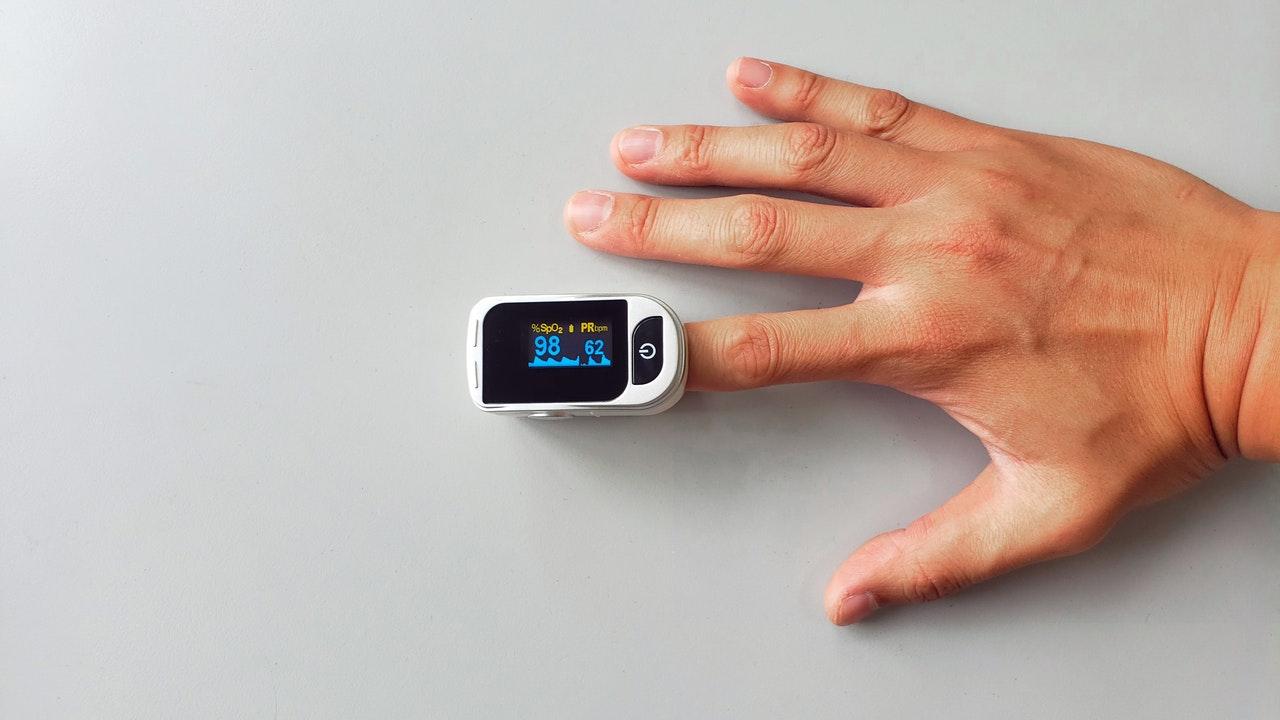
Chronic Obstructive Pulmonary Disease is a long term complication of the respiratory system that can be caused by a number of factors. The most common cause is smoking. Patients with Chronic Obstructive Pulmonary Disease (COPD) develop obstruction to airflow in the lower airways and the alveoli. Therefore they struggle with respiratory distress and saturation. Their lungs’ state limits air entry and exit, decreasing the amount of oxygen available during ventilation.
In the management, the disease is neither reversible nor curable. However, supportive management helps manage the symptoms of the disease, and the patient feels better. Oxygen therapy is one form of symptomatic management in the hospital. With medical technological advancements, the oxygen ventilators are now fully fitted with medical oxygen sensors to analyze the patient’s respiratory status.
Here are some ways in which medical oxygen sensors help improve the lives of people with COPD.
Table of Contents
1. Monitoring Oxygen Inflow from the Reservoir to the Patient
Medical oxygen sensors are fitted to the ventilator tubes that support the patient in breathing. At this position, they can measure the amount of oxygen being released from the ventilator machine or the reservoir to the patient. This is important because that flow should be estimated depending on the patient’s saturation levels. Lower oxygen saturation levels require a more significant oxygen flow, while higher saturation levels require a reduced flow.
2. Monitoring Expired Oxygen from the Patient
Medical oxygen sensors are also used to measure the amount of oxygen expired from the patient. In patients with COPD, the fraction of oxygen expired is usually more than that of a healthy person. This happens because, in a healthy person, the oxygen in the inspired air is absorbed into the pulmonary vessels through the alveoli. This reduces the amount of oxygen available for expiration. However, in patients with COPD, the absorption of oxygen through the alveoli is impaired, increasing the amount of oxygen expired. This rationale is used to estimate the amount of oxygen the patient can absorb after inspiration.
3. Assessing the Fraction of Inspired Oxygen
The fraction of inspired oxygen is a measure of the amount of oxygen being supplied to the patient. It is calculated in either a fraction (out of10) or a percentage. Medical oxygen sensors can be used to estimate the fraction of inspired oxygen in situations where the ventilator is unavailable or not working. They have the advantage of being cheap, small-sized, and easily portable. Therefore, they can substitute more giant machines in the basic assessment of oxygen volumes in the management of patients with COPD.
4. Cost Reduction for Health Care Services Given to the Patient
The end goal of universal health care is reliable and affordable healthcare to the patients. The medical oxygen sensors aid in this mission by being affordable and cost-effective for the patients. Most of the machines used to aid in oxygen supplementation for patients are expensive and require a good deal of know-how to operate them. Medical oxygen sensors eliminate this overload by being cheaper, easier to use, and portable. They necessitate the management of several patients at a go.
Conclusion
Patients who require oxygen therapy to supplement their respiration need close monitoring of the oxygen intake and output. The ventilator has been the most reliable machine for the provision of appropriate oxygen doses and patient monitoring. However, the issue of portability and cost sensitivity cannot be ignored. More straightforward equipment such as the medical oxygen sensors, available at https://www.sensoronics.com/collections/medical-oxygen-sensors and the pulse oximeter can be used to serve a significant number that ordinary ventilator machines cannot serve.


